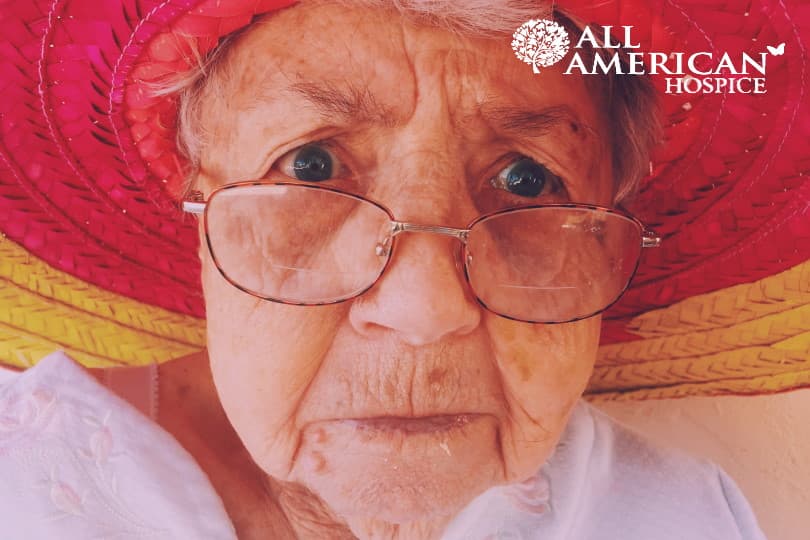Table of Contents

The Definition of Bone Cancer: Everything You Should Know About It
Bone cancer is a type of cancer in which tumors can be found in any bone of the body. Let’s learn about the definition of bone cancer, as well as where bone cancer starts, its symptoms, and how it can be treated.
What Is Bone Cancer?
According to the Mayo Clinic, the definition of bone cancer is that it is cancer that can begin in any bone in the body, but it most commonly affects the long bones in the arms and legs. Bone cancer is very rare, and it makes up for less than 1% of all cancers. Noncancerous bone tumors are much more common than cancerous ones. Bone cancer is also known as osteosarcoma.
It’s important to note that tumors found elsewhere in the body or metastasized to the bone do not fall under the same umbrella as bone cancer. If they are found elsewhere in the body and spread into the bone, that would still be known as the original type of cancer that was found.
The Science Behind the Cancer
Unfortunately, bone cancer can occur in any part of the bones in the body. It is important to understand how does bone cancer start. Bone cancer starts when healthy cells in the bone change and grow out of control, thus forming a tumor. The tumor can be either cancerous or benign (meaning that it isn’t cancer).
If the tumor is malignant, it can spread to other parts of the body. If cancer spreads in a malignant tumor, it can destroy the cortex and spread to other tissues. There is also a risk of cancer spreading into the bloodstream and then spreading to other types of the body.
Effects of Bone Cancer
Four tell-tale symptoms can lead to a diagnosis of the cancers of the bone: bone pain, swelling, decreased mobility, and fractures. We’ll take a look at each of these possible symptoms more in-depth.
Bone Pain
This is one of the more common symptoms. A person can experience more and more pain as the tumor grows. The pain often begins as a deep ache or dull in the body, maybe occurring at night or when someone is active. However, as cancer continues to grow within one’s body and develops further, the pain can become more stubborn.
Swelling
Swelling can occur in the area where the pain occurs, such as in the skin above the bone. Sometimes, a person may notice a mass or a lump.
Decreased Mobility
Often a person may find they have trouble moving around as they usually do. This may be because they have a tumor near one of their joints. It can make moving around like normal more difficult.
Fractures
Cancerous cells attack the bones and cause them to weaken. Sometimes, someone who has osteosarcoma experiences frequent fractures in places that may have been sore.
If you realized from this description of bone cancer that you are experiencing any of these symptoms, please contact your doctor as soon as possible. Bone cancer treatment is not something that you should wait around to spread further. Getting a treatment or a referral to a bone cancer oncologist can help save your life. The further along with cancer, the harder it becomes to treat.
Types of Osteosarcoma
Unfortunately, there are several specific types of bone cancer that one can develop. The most common of the two is Ewing sarcoma and the traditional osteosarcoma. These two types of cancers are most commonly found in children and young adults. There is also chondrosarcoma, which is the cancer of the cartilage and chordoma, which is cancer found within the spinal cord.
Treating Bone Cancer
Treatment of bone cancer areas can be determined based on several parameters such as: what type of bone cancer a person has and how far along it is. One of the most common types of treatment is surgery, where an orthopedic surgeon enters the body to remove the tumor if possible. If the cancer is larger in mass, this may not be possible, and a person may have to turn to either chemotherapy or radiation therapy.
If you have been diagnosed with bone cancer, please know that your doctors have your best interests in helping you get healthy. They will do the best as they can to help you enter remission. And if, at any point, you find that you or a loved one needs additional care in order to improve the quality of life, contact us at All American Hospice. Our team of experts is compassionate, kind, and can help make you more comfortable while performing daily tasks.

 215-322-5256
215-322-5256
Comments are closed.